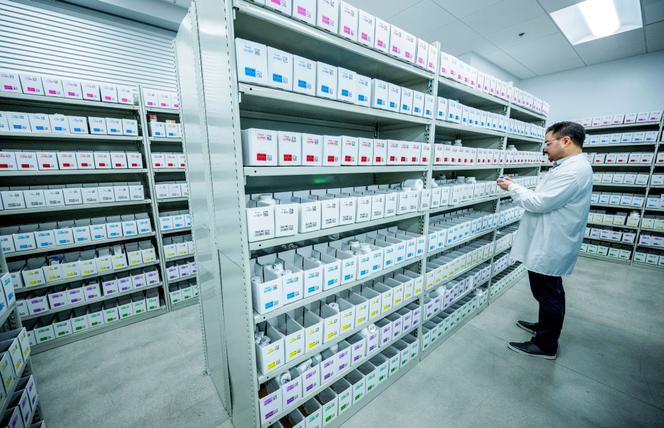


Should Europe pay more for its medications? The threat posed by Donald Trump to impose tariffs on healthcare products imported into the United States has revived an old issue in Europe within the pharmaceutical industry: d,rug pricing. Pharmaceutical companies argue that treatments are not compensated at their fair value on the European continent and are therefore pushing for a price increase.
But the sector is not struggling. The pharmaceutical industry is currently one of the most profitable industries in the world. In 2023, the market was estimated at nearly €1.3 trillion. For instance, Johnson & Johnson, the global leader, posted a net profit of $14 billion in 2024, while in France, Sanofi reported an operating margin of 27.6%.
The White House's plans have provided drug manufacturers with an ideal opportunity to present their case. Amid Washington's efforts to repatriate drug production to its soil, pharmaceutical companies have not hesitated to highlight Europe's weaknesses compared to its rival. "The US now leads Europe on every investor metric," noted the European Federation of Pharmaceutical Industries and Associations (EFPIA) on April 8, before issuing a "threat" to Brussels. "Unless Europe delivers rapid, radical policy change then pharmaceutical research, development and manufacturing is increasingly likely to be directed toward the US." Worse yet, it would lead to an "exodus," as emphasized by around 30 pharmaceutical company executives in a letter sent on April 11 to the European Commission President Ursula von der Leyen.
You have 76.14% of this article left to read. The rest is for subscribers only.
